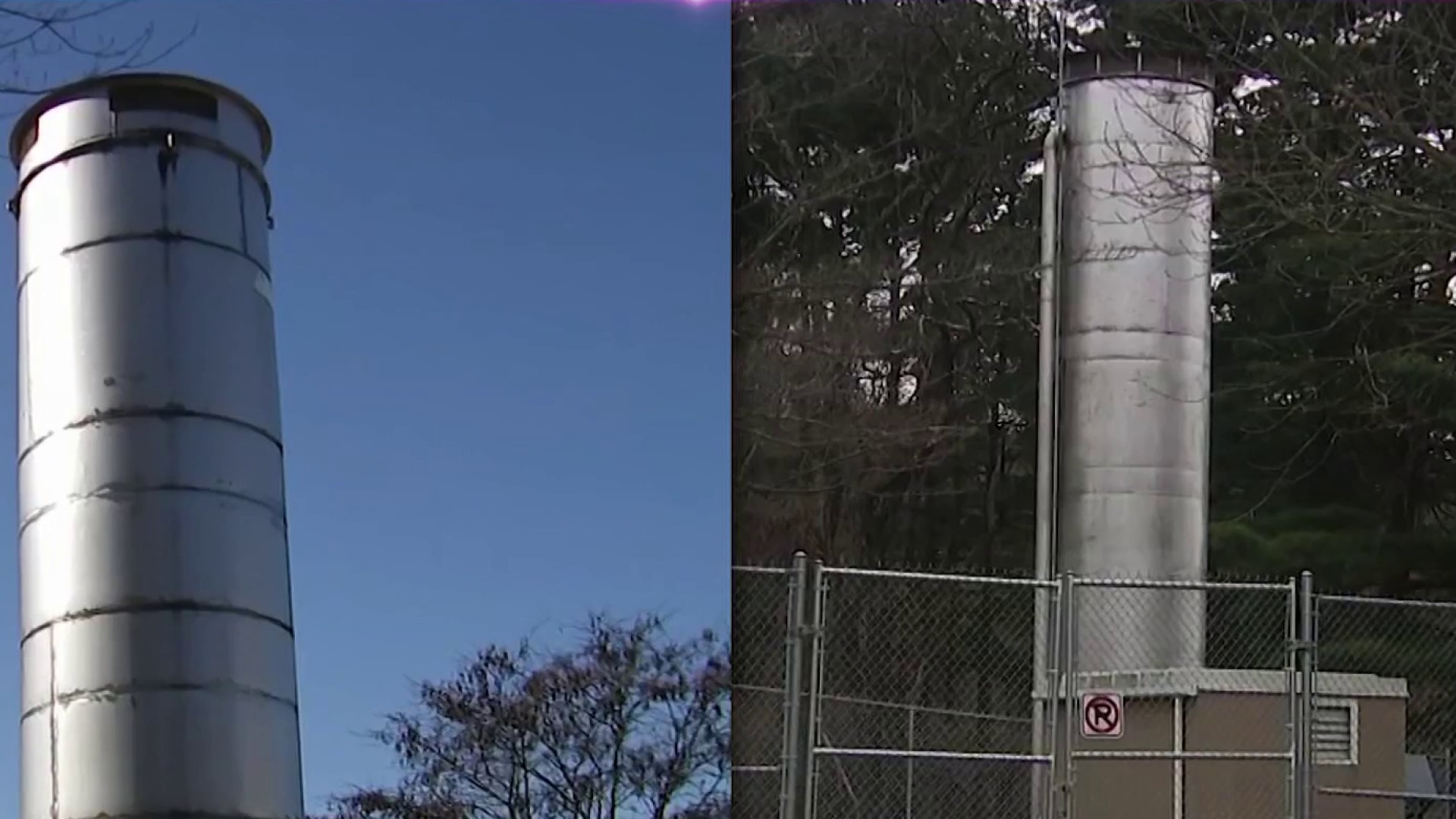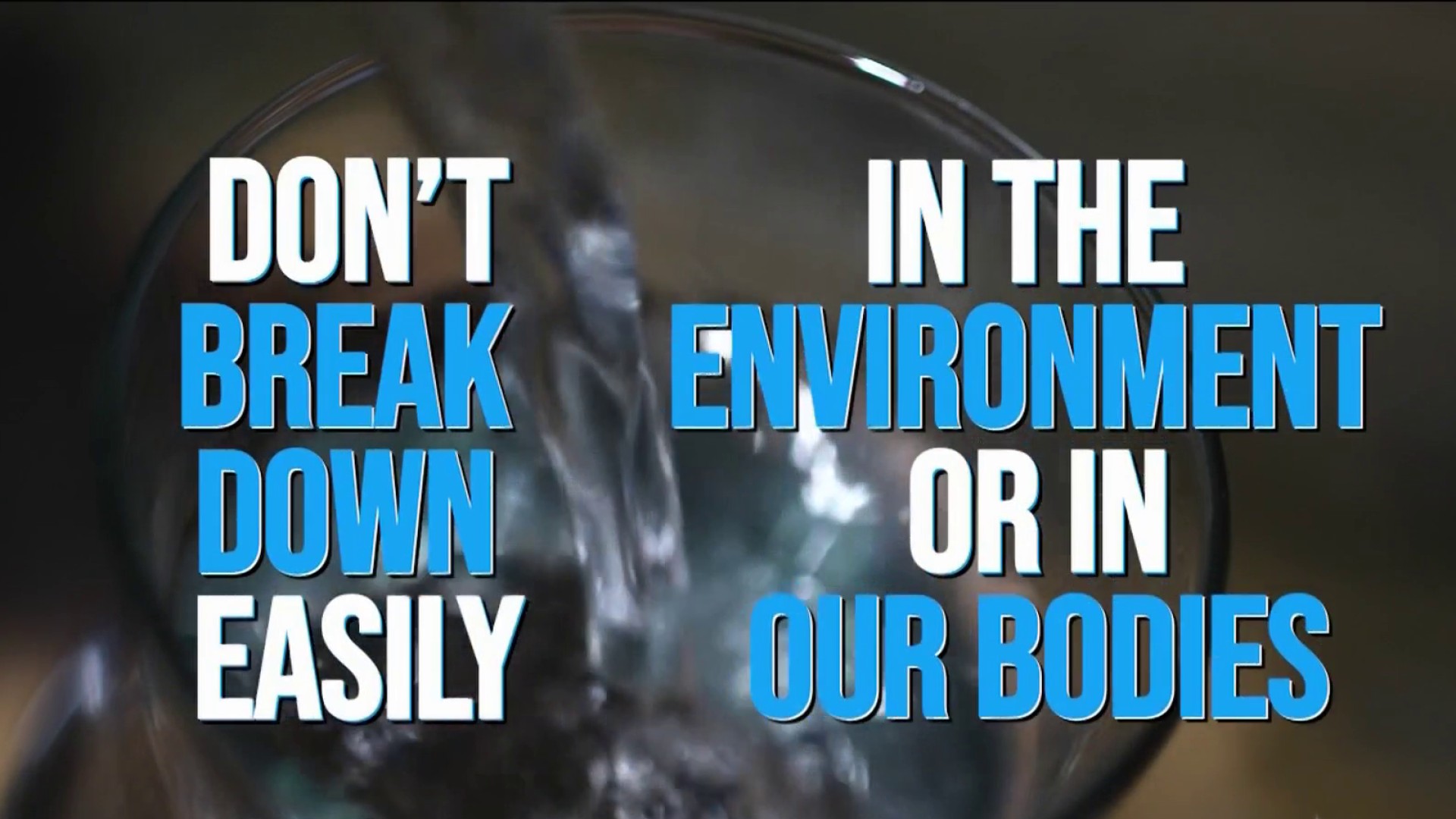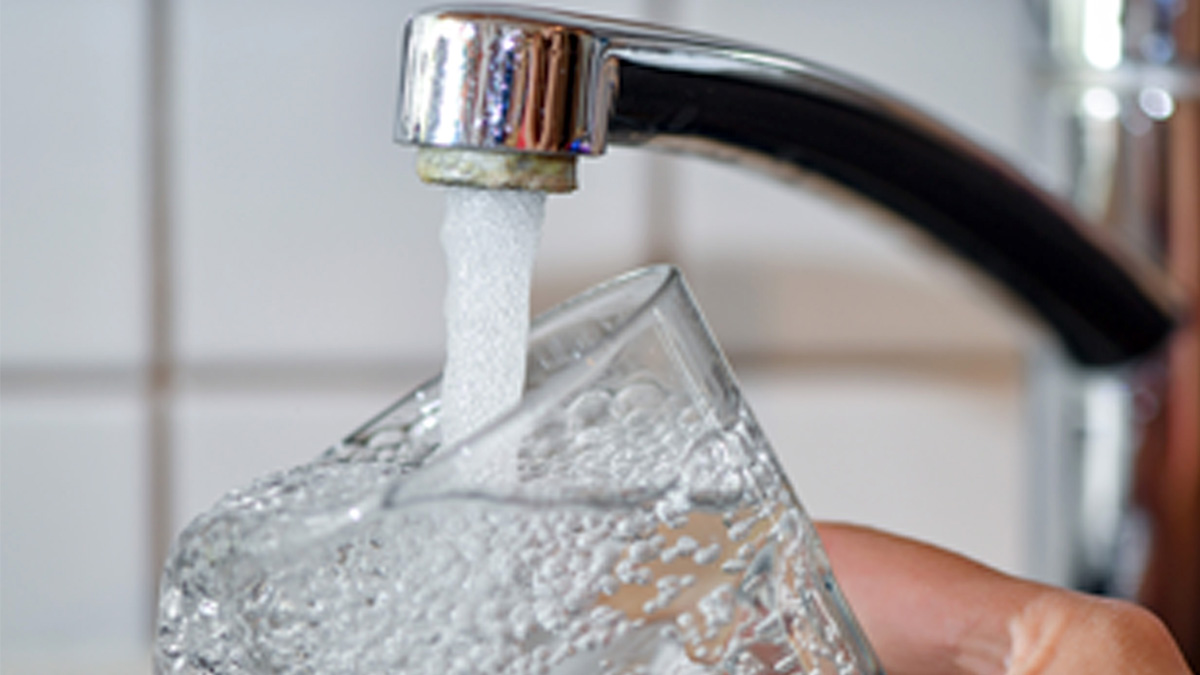New Jersey has come to a proposed multimillion dollar settlement with the producer of, what officials called, one of the state's most severe cases of PFAS -- or substances sometimes called “forever chemicals” because they do not break down over time.
On Wednesday, New Jersey Attorney General Matthew Platkin joined Shawn LaTourette, commissioner of the state's Department of Environmental Protection, to announce a nearly $400 million settlement with Solvay Specialty Polymers USA, LLC.
"This settlement is historic," said Platkin. "This reflects how serious PFAS contamination is and how difficult it is to eradicate it from our drinking water."
Get top local stories in Philly delivered to you every morning. Sign up for NBC Philadelphia's News Headlines newsletter.
Platkin said this proposed settlement is the first of its kind to address PFAS contamination in New Jersey.
Through the proposal, Platkin said, Solvay will need to pay for and implement comprehensive remedial activities at -- and for 37-square-miles around -- its West Deptford facility. The company would also need to provide financial support for certain public water system upgrades necessary to remove PFAS from drinking water as well as compensate the public for natural resources injured by the discharge of hazardous substances.
"Solvay will complete the remediation. Solvay will also pay back the state for its use of public funds -- taxpayer funds -- that were expended to protect people from their mess," said LaTourette.
In 2020, Platkin's office sued Solvay -- along with two other companies -- alleging they failed to clean up PFAS chemicals that have polluted New Jersey's public drinking water.
LaTourette said that, for years, Solvay "rebuffed" his department's requests for environmental clean up. Yet, he said, only after years-long efforts to get the company to address these chemicals, and legal action, did Solvay take action that will help clean up the environment.
"It should not take that much," he said, noting that the state's efforts weren't intended to only protect the environment. "We protect our environment in order to protect people's health."
LaTourette also said that the state still has over 70 public water systems that exceed government standard levels for PFAS.
"Our PFAS challenges in New Jersey are deep. They are significant. And, they won't be solved by this one action alone," said LaTourette.
As for how this funding would be used, Platkin said about $214 million would go towards remediation efforts, $100 million would be used to address PFAS impacts to certain public water systems and private potable drinking water wells and $75 million would be used to recoup taxpayer funds and lost value of natural resources due to Solvay’s discharge of hazardous substances and other pollutants.
"Solvay appreciates the collaborative approach taken by NJDEP to reach this agreement, allowing all parties to continue focusing on cleaning the environment," Mike Finelli, Solvay's chief North America officer, said in the statement. "This is the latest step in our journey to responsibly manage fluorosurfactant use at our West Deptford facility. We eliminated the use of all fluorosurfactants in July 2021 and have been investigating and remediating PFAS in the environment near our West Deptford facility since 2013. Since then, Solvay has been working to reduce PFAS in the environment in multiple ways, including working with West Deptford to install a drinking water treatment system on a municipal well, installing an engineered soil cap at Solvay’s facility to address potential environmental migration, constructing and operating an offsite pump-and-treat system for impacted groundwater, and enhancing existing onsite treatment systems for potentially impacted groundwater."
After officials announced the proposed settlement, Tracy Carluccio of the Delaware Riverkeeper Network, said in a statement that it was about time the company paid to help remediate the negative environmental impacts of PFAS.
“After years of witnessing the pollution impacts from Solvay and advocating to make them, as the polluter, pay for the damage and stop their ongoing releases of toxics, we look forward to digging into the settlement documents to understand what is being done to make them accountable and clean up the pollution," Carluccio said. "The communities in the Delaware River region that have been indelibly harmed by Solvay and the highly toxic contamination they unleashed, have suffered terribly and need to benefit directly from whatever settlement is reached between DEP and Solvay."
Sign up for our Breaking newsletter to get the most urgent news stories in your inbox.




